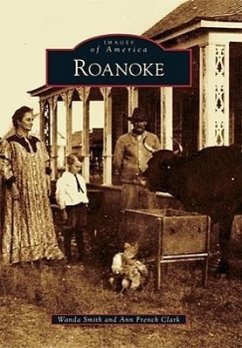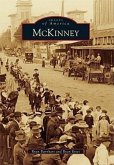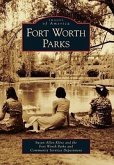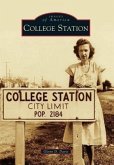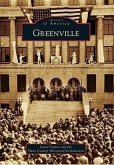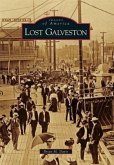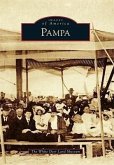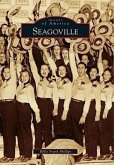The first pioneers who came to the Roanoke area in 1844 were led by Lewis and Charles Medlin of Missouri. This group consisted of about 20 families, including the 10 sons of the Medlin brothers. They came for an opportunity where each married man could obtain 640 acres and single men could receive 320 acres. Settlers were primarily looking for water, timber, and abundant game, which they found near Denton Creek. They built log houses and a school (where church was held), and they soon began businesses to sustain their new town. Today Roanoke is a fast growing, small city that is distinguished by a charming and eclectic downtown and steady lines of hungry diners. Roanoke was appointed "the Unique Dining Capital of Texas" for its concentration of delicious and entertaining family-owned restaurants and welcomes thousands of visitors each year to enjoy many special events, including the annual Celebrate Roanoke in October.
Hinweis: Dieser Artikel kann nur an eine deutsche Lieferadresse ausgeliefert werden.
Hinweis: Dieser Artikel kann nur an eine deutsche Lieferadresse ausgeliefert werden.

